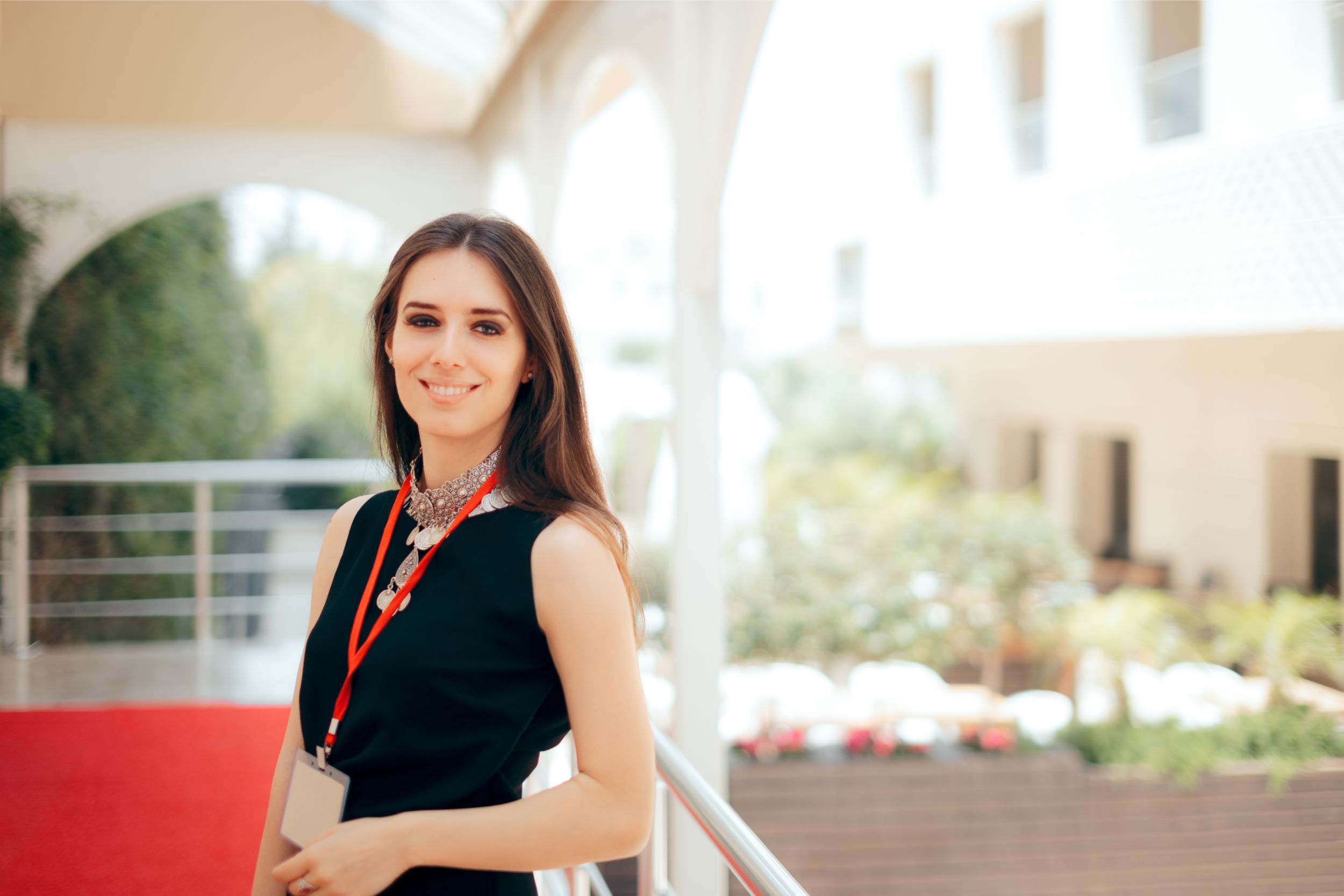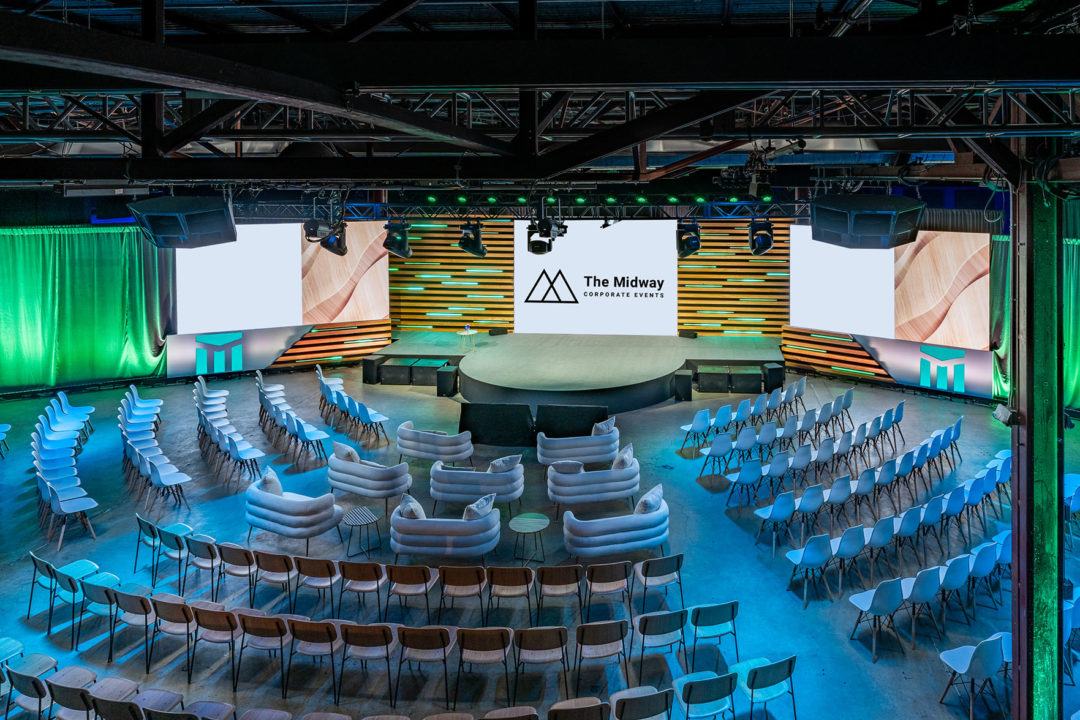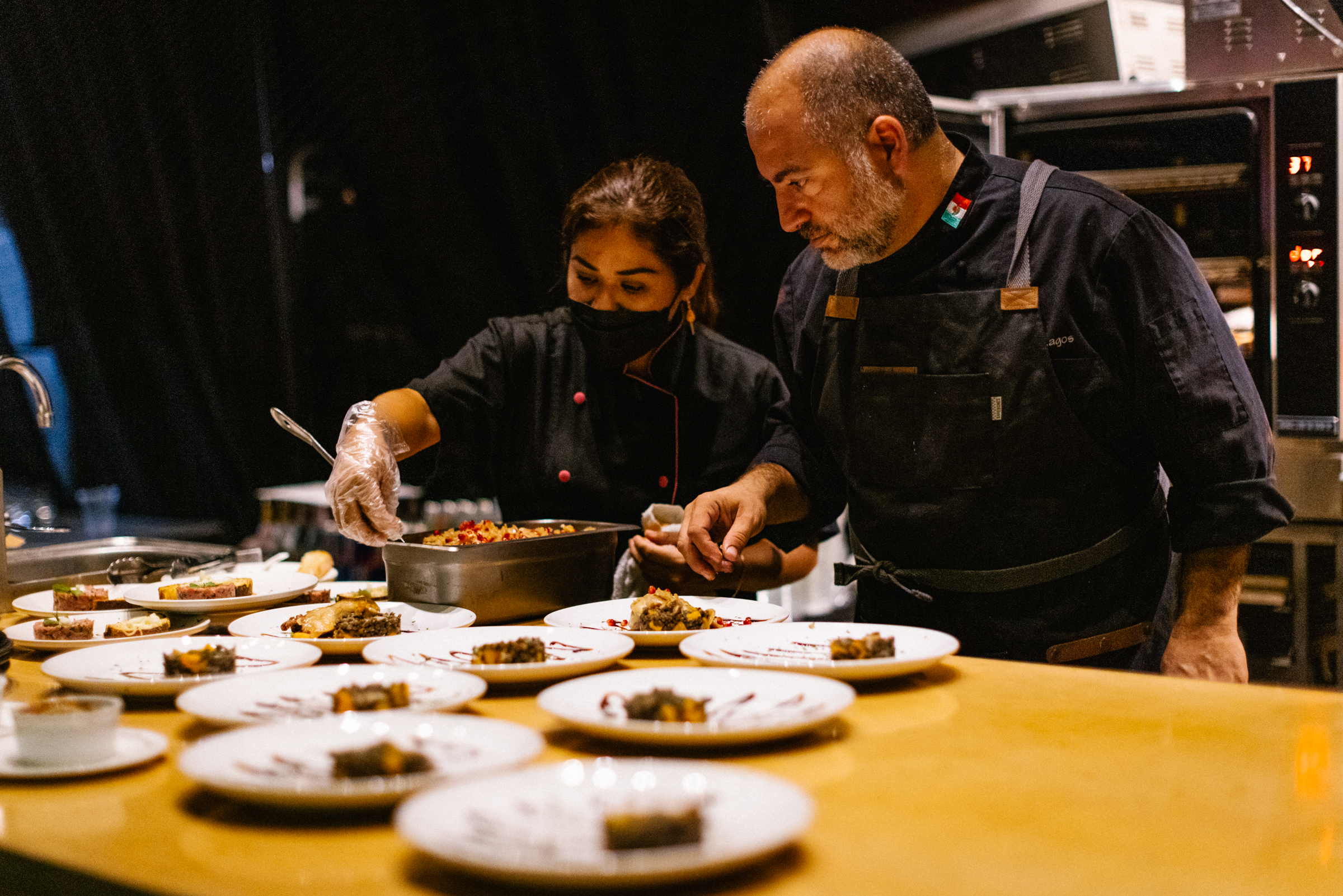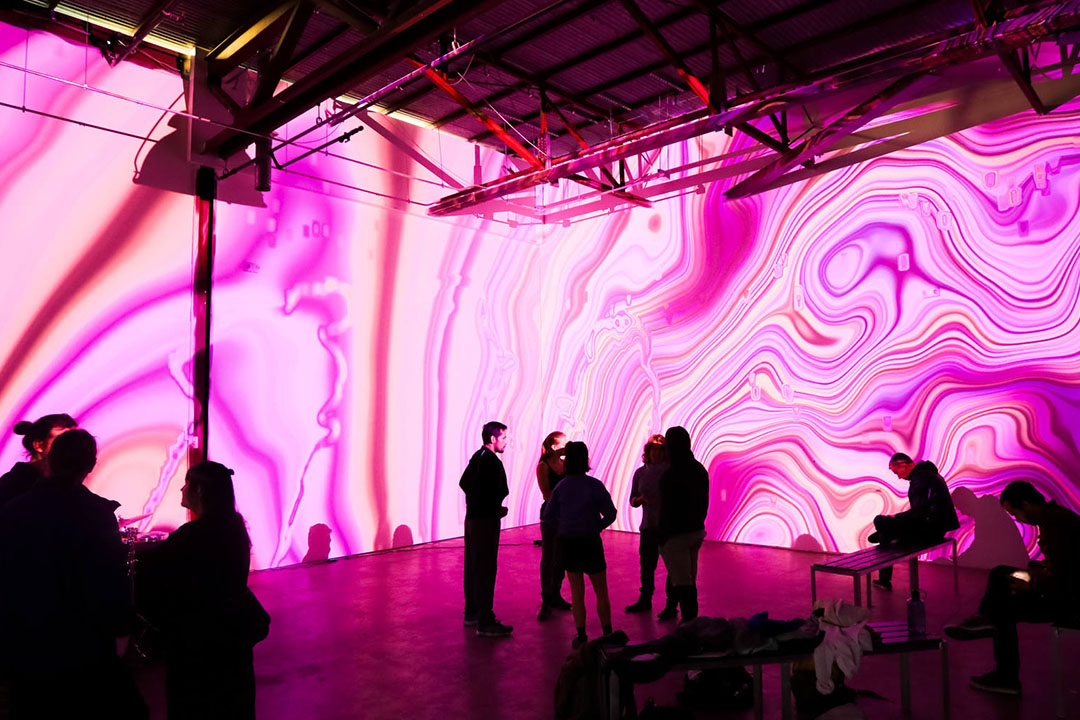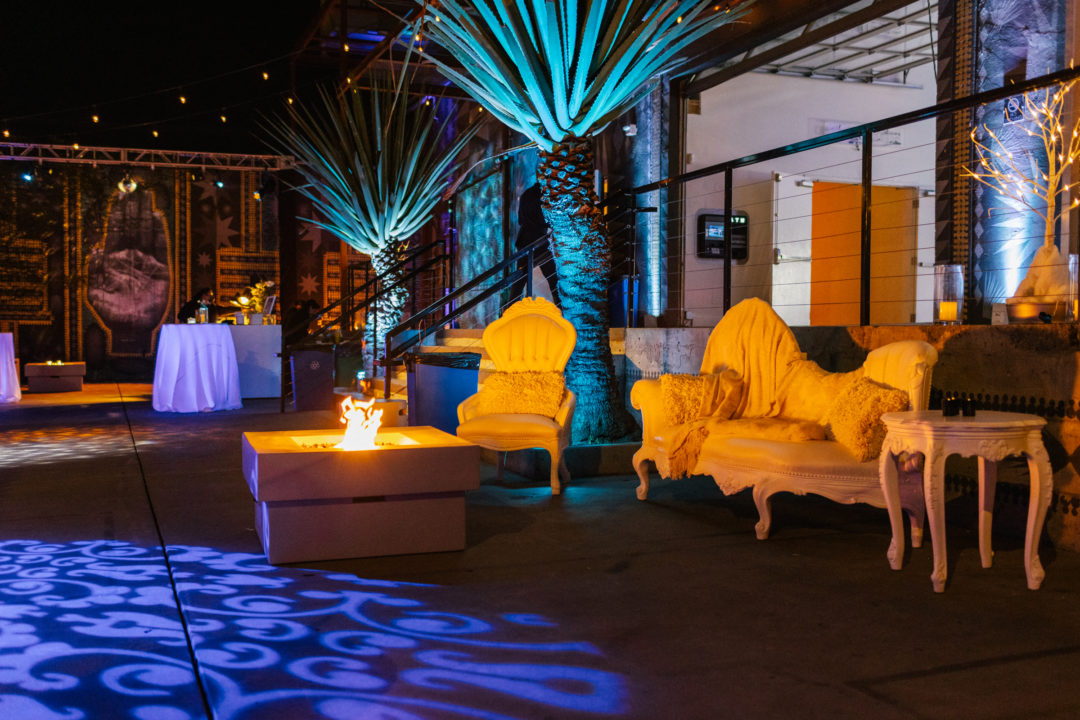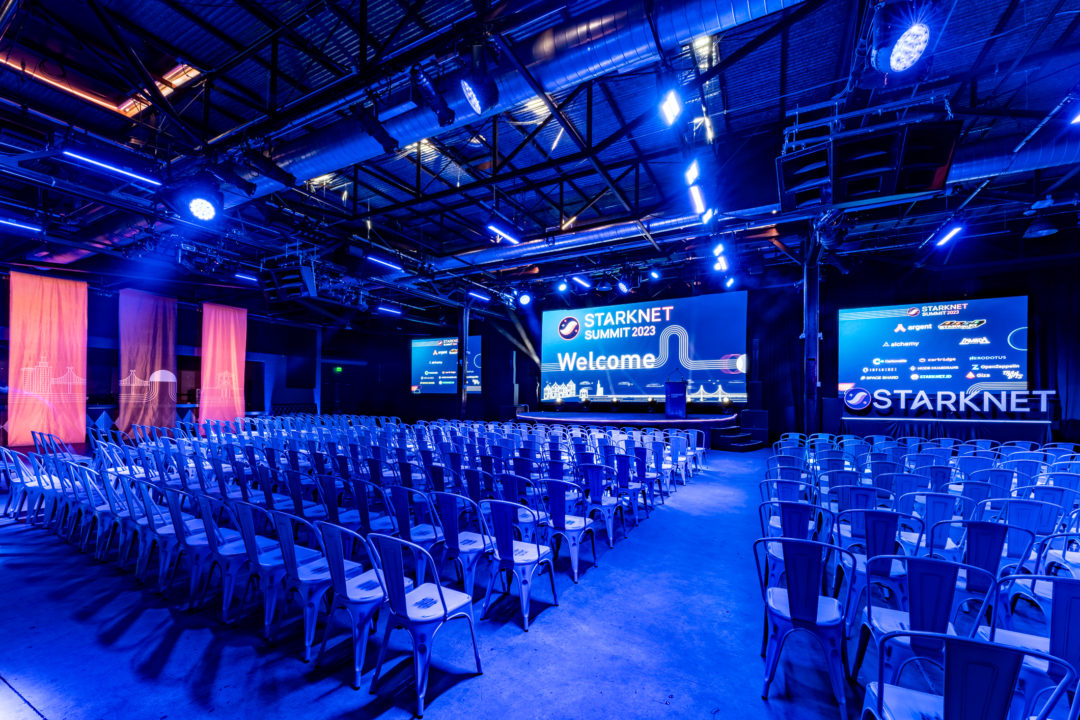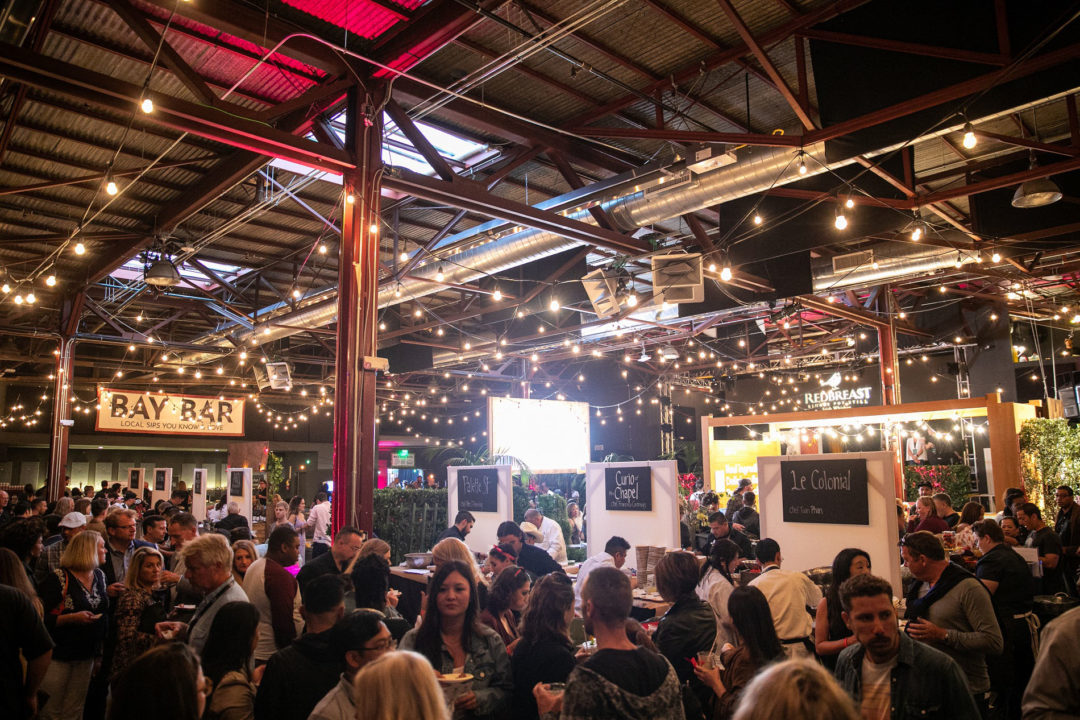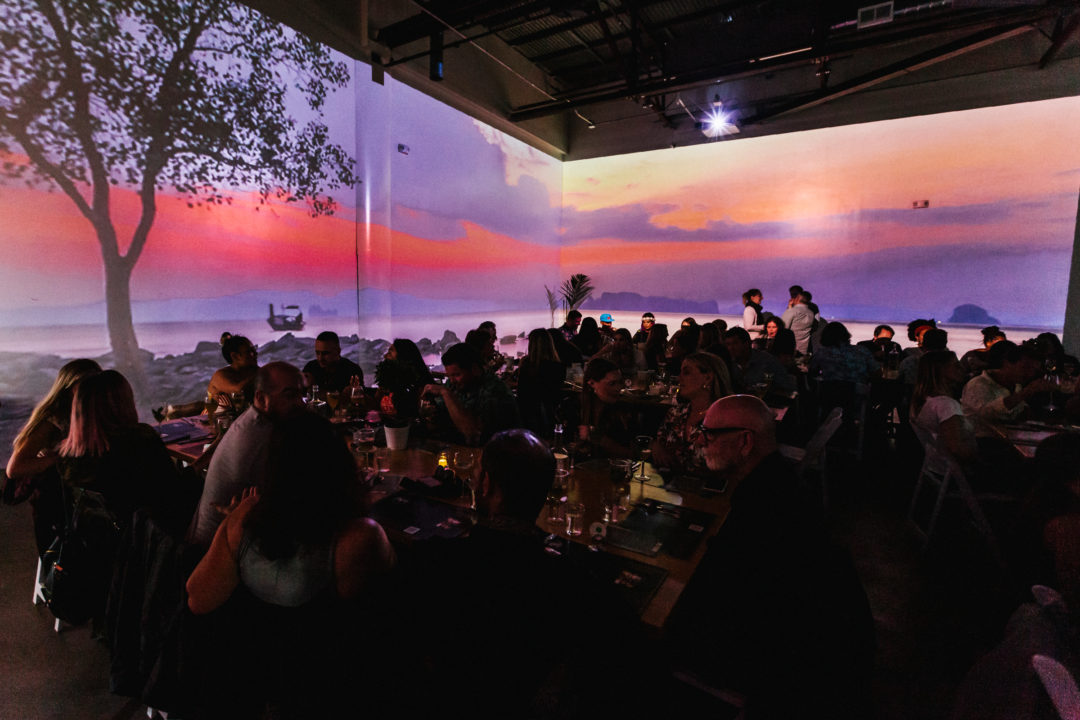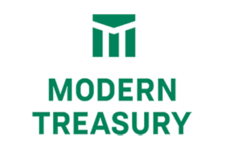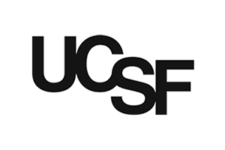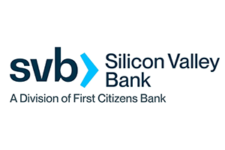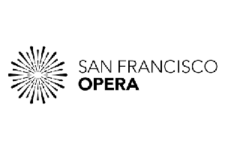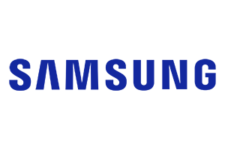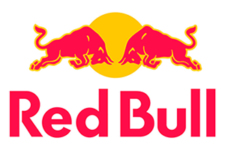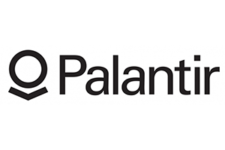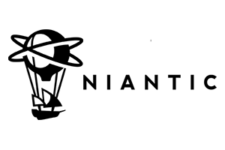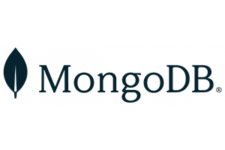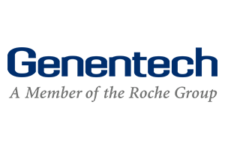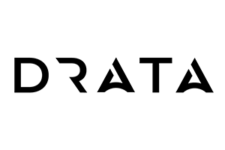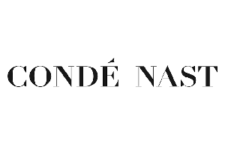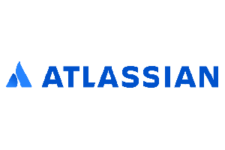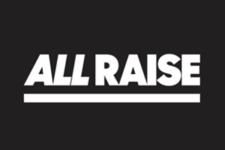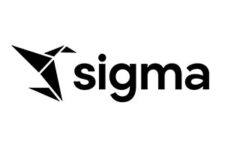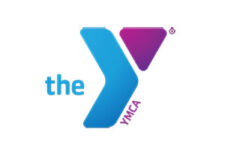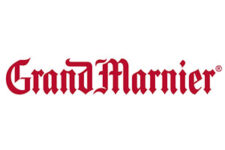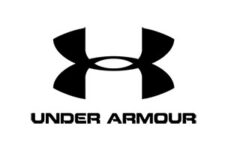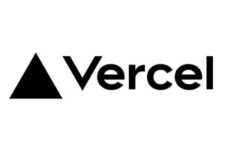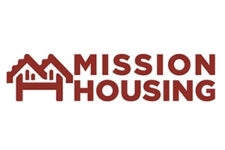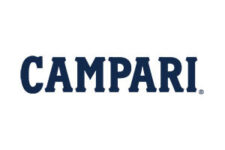Top 10 Things Corporate Event Planners Look For in an Event Space
San Francisco Event Space News | Updated 01/05/2024
1. Location
Considering the demographic of the attendees, the event space location should be accessible by public transport and have ample parking. It should also be within a reasonable distance from airports or train stations, especially if the event is international. Nearby accommodations are important for out-of-town attendees, and the proximity of hotels, restaurants, and other amenities can make the experience more convenient and enjoyable. Venues that are in areas with an active local tech community can also provide additional networking opportunities and may help in attracting a local audience.
2. Capacity
The venue should be able to accommodate the expected number of attendees comfortably, with sufficient space for seating, networking, exhibits, and any planned activities. Consideration for how attendees will move through the space, including entry and exit points, flow between different areas (like from a main hall to breakout rooms), and space for queues (e.g., registration, food service) is also crucial to prevent overcrowding and ensure a comfortable experience.
3. Layout and Flexibility
A versatile event space that offers customizable layouts to meet the specific needs of the corporate event is highly valued. Event planners look for spaces with adjustable seating arrangements, breakout rooms, and areas suitable for different event components.
4. Amenities and Services
Event planners seek venues that provide essential amenities such as audiovisual equipment, Wi-Fi connectivity, on-site catering, parking facilities, and dedicated event staff who can assist with setup, technical support, and other event requirements.
5. Ambience and Style
The venue’s aesthetics and atmosphere play a significant role in creating a memorable experience for attendees. Corporate event planners consider spaces that align with the event’s theme or branding, offer a professional ambiance, and have visually appealing features.
6. Technology Capabilities
In today’s digital age, event planners prioritize venues equipped with advanced technological capabilities, including robust Wi-Fi, audiovisual systems, video conferencing facilities, and on-site technical support to ensure smooth operations during presentations, live streaming, or interactive sessions.
7. Safety and Security
The safety and security of attendees are paramount. Event planners look for venues that have appropriate safety measures in place, such as emergency exits, fire suppression systems, and trained security personnel, to ensure a secure environment.
8. Cost and Budget
Staying within the allocated budget is crucial for corporate event planners. They consider the venue’s pricing structure, any additional costs for services or amenities, and negotiate for competitive rates and favorable terms.
9. Reputation and Reviews
Event planners often research the reputation of event spaces by reading reviews, seeking recommendations, and assessing the venue’s track record for hosting successful corporate events. Positive feedback and recommendations from previous clients are valuable indicators of a venue’s quality.
10. Accessibility and Inclusivity
Ensuring accessibility for all attendees, including those with disabilities, is important to event planners. They look for venues that offer facilities for individuals with mobility challenges, such as wheelchair accessibility, ramps, elevators, and accessible restrooms. Inclusivity considerations may also extend to gender-neutral facilities and accommodation of dietary restrictions for catering services.
Looking for Event Space in San Francisco?
Let us know how we can help with your organization’s event needs. The Midway customizes events of all types and sizes with our versatile spaces, culinary options, and technological know-how for maximum impact and a successful experience.
Whether you are in early planning stages or interested in discussing specifics, please contact us for more info.
RELATED CONTENT

